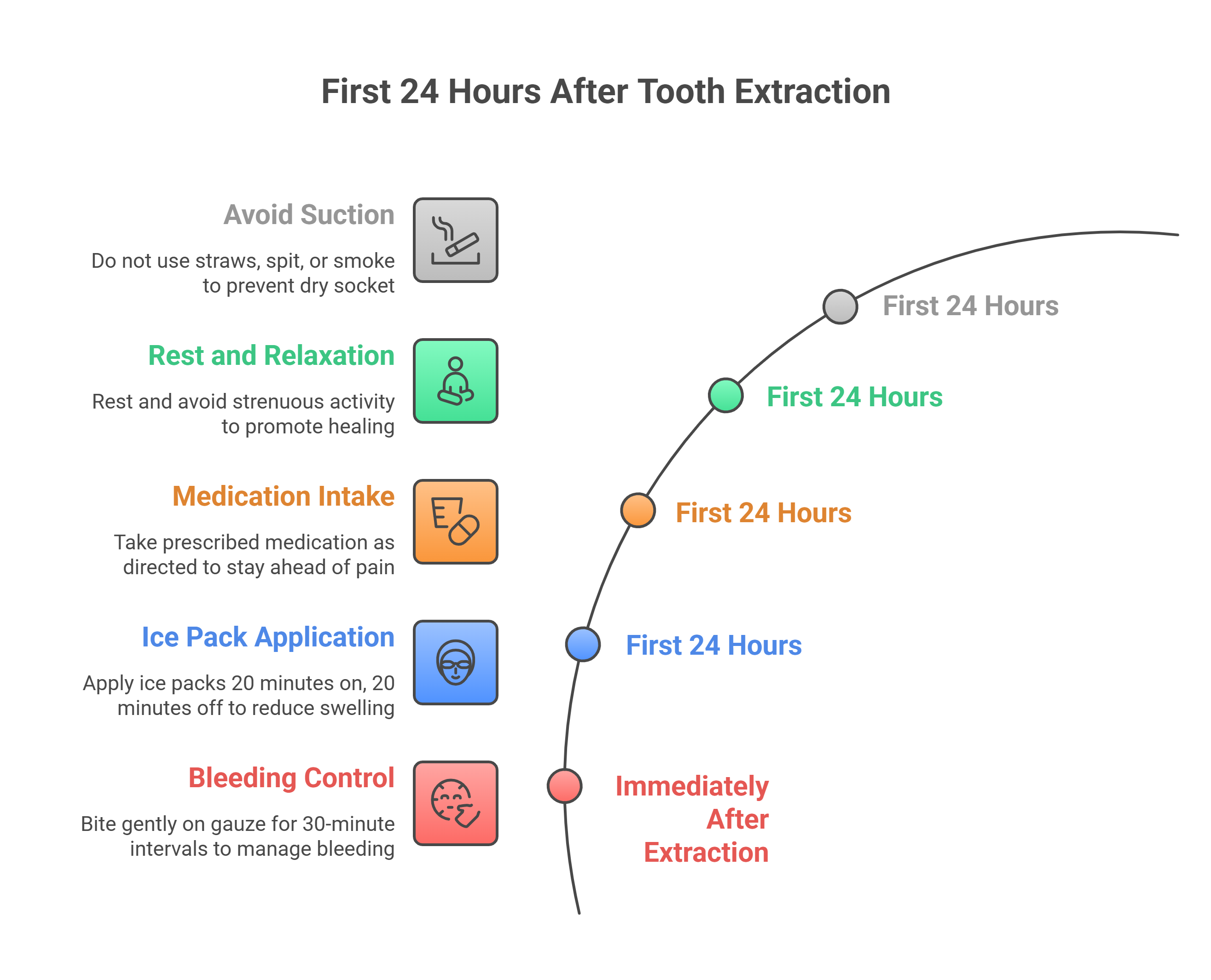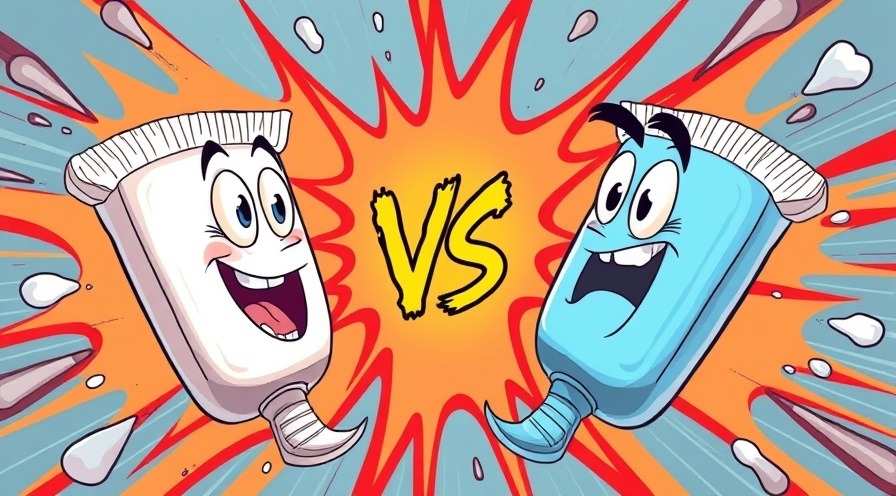
Wisdom Teeth Removal: Your Complete Survival Guide to Before, During, and After
Let's face it—nobody gets excited about wisdom teeth removal. But with over 10 million wisdom teeth extracted annually in the United States alone, you're in good company if your dentist has recently uttered those four dreaded words: "They need to come out."
As someone who's not only researched this topic extensively but also survived my own extraction saga (complete with chipmunk cheeks and ice cream for dinner), I'm here to walk you through everything you need to know—minus the dental jargon that makes your eyes glaze over.
Why Are These "Wisdom" Teeth So Dumb?
Wisdom teeth, or third molars, typically emerge between ages 17-25, when we're supposedly gaining wisdom (spoiler alert: we're often still making questionable life choices at this age).
According to Dr. Samuel Collins, oral surgeon and author of "Modern Approaches to Dental Surgery," these teeth are evolutionary leftovers from when our ancestors needed extra molars to chew raw plants and tough meats.
"Human jaws have become smaller through evolution, but we still develop the same number of teeth as our ancestors,"
explains Dr. Collins in his 2023 publication in the Journal of Oral and Maxillofacial Surgery. "This mismatch creates the perfect storm for impaction and alignment issues."
Common reasons your dentist might recommend extraction include:
Impaction: When there's simply no room for teeth to emerge properly
Partial eruption: Creating a bacteria trap that can lead to infection
Crowding: Pushing your other teeth out of alignment (goodbye, years of braces!)
Decay: Difficult-to-reach wisdom teeth often develop cavities
Future problems: Sometimes they're removed preemptively before causing issues
Before the Big Day: Preparation is Key
The Consultation
Your journey begins with a consultation where your dentist will take panoramic X-rays to assess the position of your wisdom teeth. Don't be shy about asking questions during this appointment!
Dr. Meredith Zhao, clinical professor of dentistry at University of California, recommends patients ask about:
The complexity of your specific case
Sedation options
Recovery timeline expectations
Potential complications specific to your situation
"Patients who come prepared with questions typically report less anxiety before the procedure and better satisfaction afterward," notes Dr. Zhao in her study published in Patient Education and Counseling (2022).
The Week Before
Stock up on soft foods: Yogurt, applesauce, smoothie ingredients, soup, and yes, ice cream (finally, a medical reason to eat dessert!)
Fill prescriptions: Get pain medications ahead of time
Arrange transportation: You'll need someone to drive you home if you're having sedation
Plan for downtime: Netflix queue loaded? Books ready? You'll want 2-3 days of restful activities

The Day of Extraction: What Actually Happens
First, let's address the elephant in the room—you won't feel pain during the procedure. Modern dentistry is pretty magical that way.
Types of Anesthesia
Dr. James Rodriguez, contributor to the American Journal of Dental Anesthesiology, outlines the common options:
Local anesthesia: You're awake but numb (perfect for simple extractions)
Conscious sedation: Awake but relaxed and a bit loopy (aka "twilight sedation")
General anesthesia: Completely unconscious (typically for complex cases)
"Most patients overestimate the discomfort and underestimate how effective modern anesthesia is," Dr. Rodriguez notes. "The anxiety before is often worse than the procedure itself."
The Procedure Breakdown
The actual extraction typically takes 30-60 minutes, depending on complexity:
Anesthesia administration (the tiny pinch is the worst part!)
Gentle tissue incision if teeth are impacted
Removal of teeth (sometimes sectioned into pieces for easier extraction)
Cleaning of the socket
Stitches placement (often dissolving ones)
Gauze placement to control bleeding
After the Storm: Recovery Tips That Actually Work
You've made it through! Now comes the healing part, which—let's be honest—isn't exactly a walk in the park. But with proper care, you'll be back to normal faster than you might think.
First 24 Hours
Bleeding: Some bleeding is normal. Bite gently on gauze for 30-minute intervals
Ice packs: 20 minutes on, 20 minutes off to minimize swelling (your face might still resemble a chipmunk storing nuts for winter)
Medication: Take as prescribed, staying ahead of pain rather than chasing it
Rest: Seriously, binge that show you've been meaning to watch
-
NO straws, spitting, or smoking: These create suction that can dislodge blood clots, leading to painful dry socket

Days 2-7
A 2023 study in the International Journal of Oral Care by Dr. Priya Patel found that patients who followed these guidelines experienced 60% faster recovery times:
Salt water rinses: Gently rinse with warm salt water starting 24 hours after surgery
Progress to semi-soft foods: Pasta, scrambled eggs, and soft sandwiches as tolerated
Keep the area clean: Brush carefully, avoiding extraction sites
Watch for complications: Fever, severe pain after 3 days, or numbness are reasons to call your doctor
When Things Don't Go As Planned
Complications are relatively rare, but they can happen. Dr. Tomas Chen, researcher at Harvard School of Dental Medicine, reports in his 2024 review that approximately 5-10% of patients experience complications.
"The most common post-extraction complication is dry socket, which occurs when the blood clot at the extraction site becomes dislodged," explains Dr. Chen. "While painful, it's easily treatable with a medicated dressing placed by your dental provider."
Call your oral surgeon if you experience:
Severe pain not controlled by medication
Swelling that worsens after 3 days
Excessive bleeding
Fever over 101°F
Numbness lasting more than 24 hours
The Silver Lining
Most patients return to normal activities within 3-7 days, with complete healing taking about 2 weeks. The good news? Wisdom teeth removal is typically a one-time event—once they're gone, they're gone forever!
As Dr. Collins humorously points out,
"Wisdom teeth removal is like a dental rite of passage—almost everyone goes through it, nobody enjoys it, but everyone survives to tell increasingly exaggerated stories about it."
Disclaimer:
This article is intended for informational purposes only and should not replace professional medical advice. Every patient's situation is unique. Always consult with your dental provider regarding your specific circumstances and follow their personalized instructions for care.
 Add Row
Add Row  Add
Add 




Write A Comment